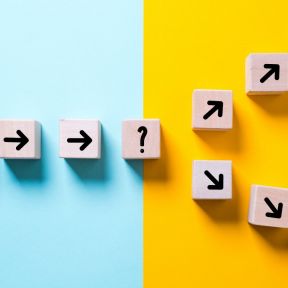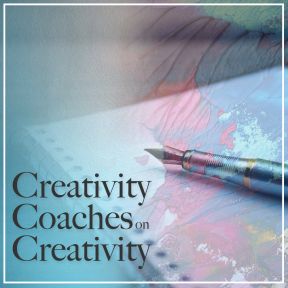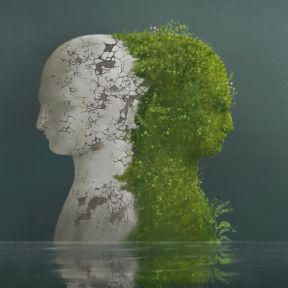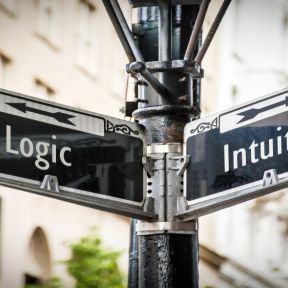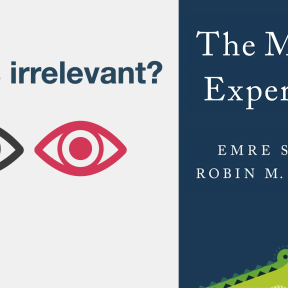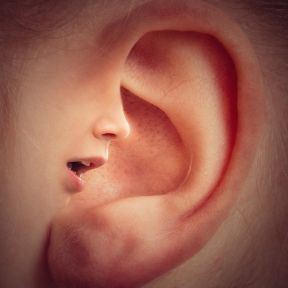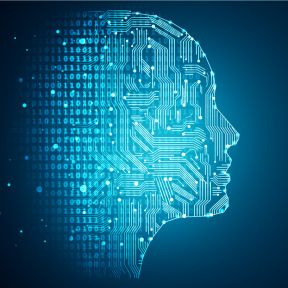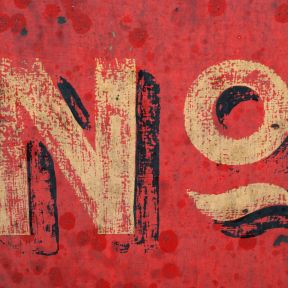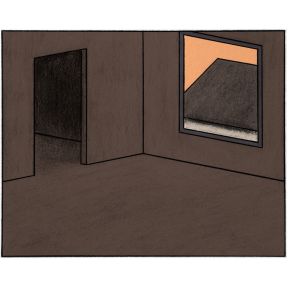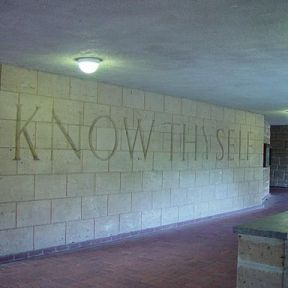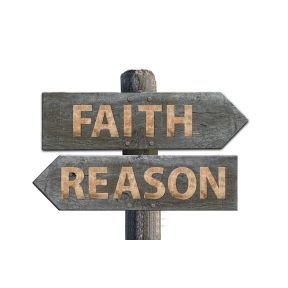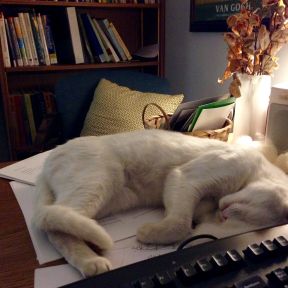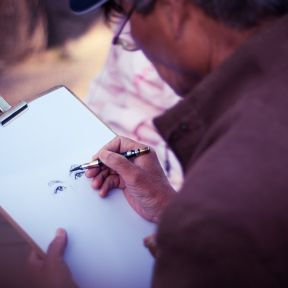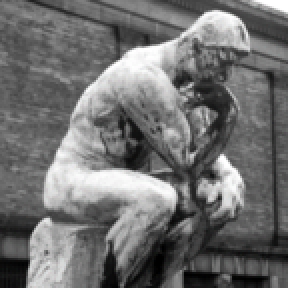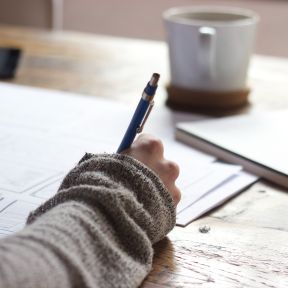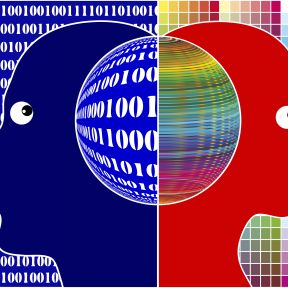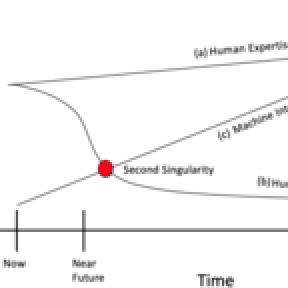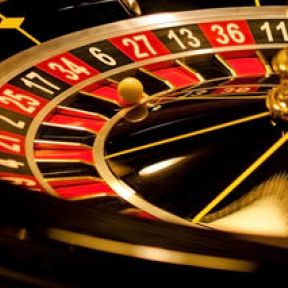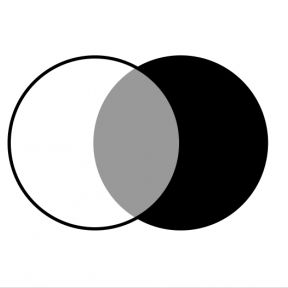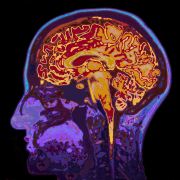
INTUITION
Intuition is often referred to as “gut feelings,” as they seem to arise fully formed from some deep part of us.
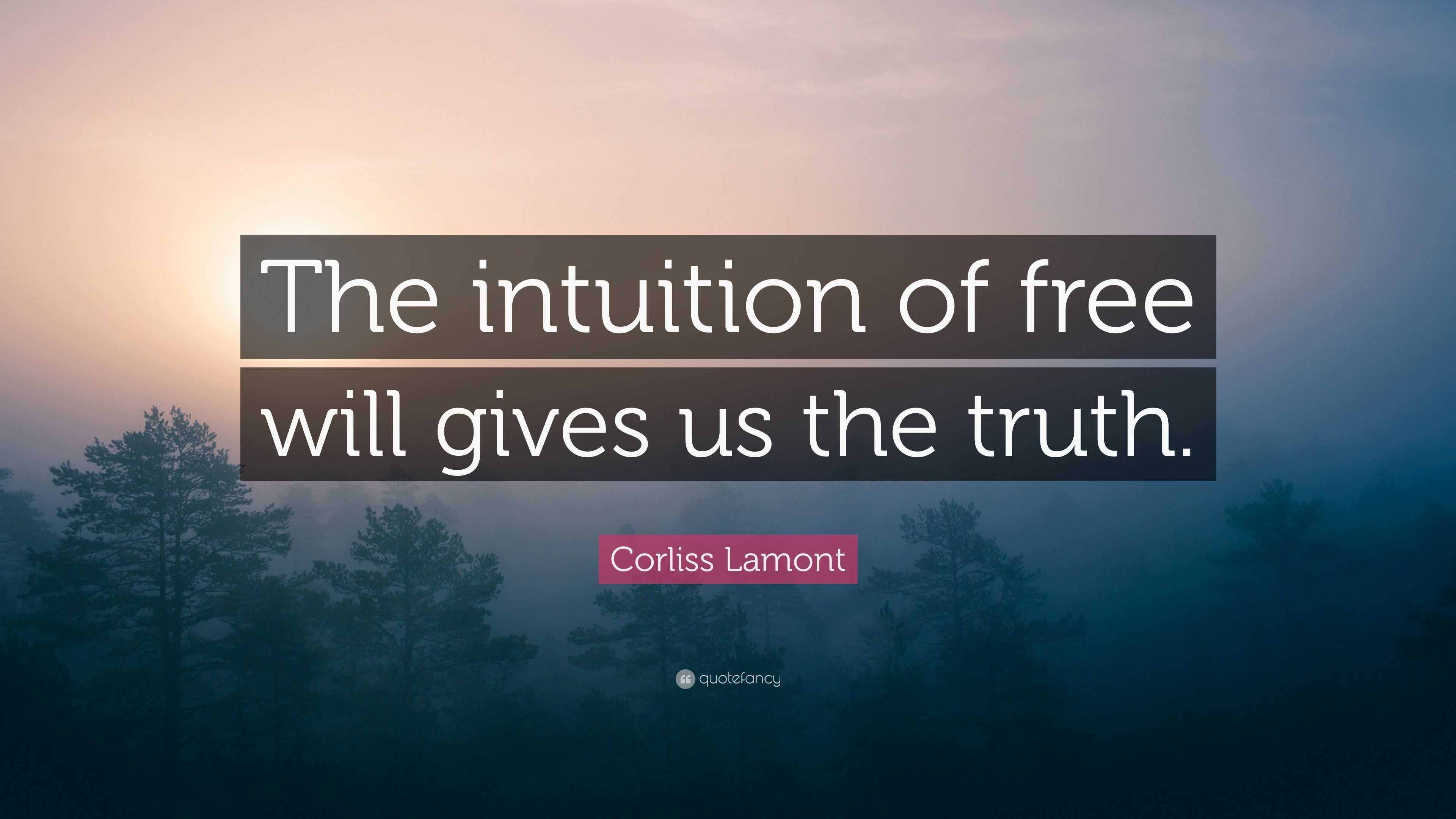
It is our pleasure, purpose, and goal to share Connection - Holistic Lifestyle - Alternative Healing Treatments - Living Happier with New Thought - from original sources.
GlobalCnet is a collection of links to the original thought, research, new ideas, and found expert advice. We have assembled extensive information and facts to inspire YOU to further your education, skills, and desires on your specific subjects. When you click on a blue link, you arrive on a website, do your research, and observe all the other articles available to you. Record what you need. Share what you learned
GlobalCnet connected you, to make better-informed decisions.
This is a teaching and informative Web Site again, presenting original authors, like Harvard University, MedNet, Unstuck.com, Readers Digest, Mental Health, and documents from millions of Web Sites which were written, published, and illustrated with specific content to expand your knowledge for personal growth, health and answers. All this WWW content was meant for your reading and answers,
GlobalCnet just connected you.
It is our hope that you use all information for further answerers, ideas for more exploration, and the wisdom to share discoveries with others. It is all about having the right fast or safe connections. Everything has already been discovered, be smart, and use proven methods and spin your solutions to fit your needs.
Any questions, comments or to just say hello...leave a webmail .
Quick links to information and new ideas. click here.
OK...you are now on GlobalCnet. You can use the SEARCH BAR to quickly find subject information, or you can visit all the pages. Your visit will award an organized starting point leading to answers to your challenge.......just do it. Type in a word and hit search.
- Michael J. Malette, PhD
Founder, Global Connection Network
Where Intuition Comes From

Psychologists believe that intuition relies on powers of pattern-matching, as the mind combs experience stored in long-term memory for similar situations and presents in-the-moment judgments based on them.
The automatic information processing that underlies intuition can be seen in the everyday phenomenon known as "highway hypnosis,” which occurs when a driver travels for miles without a conscious thought about the activity of driving the car.
Is intuition the same as gut feelings?
Intuition is often referred to as “gut feelings,” as they seem to arise fully formed from some deep part of us
In fact, they are the product of brain processing that automatically compares swiftly perceived elements of current experience with past experience and knowledge, and they are delivered to awareness with considerable emotional certainty.
How do gut feelings relate to first impressions?
Intuition, like first impressions, serves the brain’s need to predict and prepare for what will happen next.
First impressions are rapid, holistic assessments of people based on subtle perceptual cues and judgment of intent to help or harm.
Both rely on automatic processes and, as rapid evaluation systems, both are subject to error, especially from biases we hold.
When to Trust Your Gut
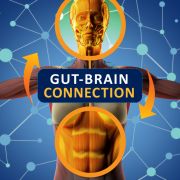
Our gut feelings are often correct, but we tend to attach a certainty to them that they do not always merit.
They do tend to be more accurate in some domains of experience than others, such as in the formation of first impressions.
Intuition is also often valuable in detecting deception and other forms of danger, and in detecting sexual orientation.
Should I trust my intuition?
Gut feelings do have their value in complex decision-making. Studies of top executives show that even after they analyze mounds of data, the information does not tell them what to do; that is where intuition is a guide.
People typically cite rational-seeming criteria for their actions and do not disclose the subjective preferences of feelings that arise spontaneously.
Is my intuition always right?
Experts find that intuition, no matter how right it feels, is more reliable in some areas of activity than others.
For example, it can help you generate new ideas or new figures of speech, but don’t count on it for comprehending vocabulary, where reflective thinking better fits the task, or in judging job candidates. Many situations actually utilize a combination of intentional reflective deliberation and automatic intuition.
Essential Reads
Does reflection make you more or less selfish? A new preregistered experiment reveals a surprising discovery.
Misinformation doesn't only arise from false beliefs; sometimes it comes from feelings, such as defective emotions.
Our sense of what could happen is constrained by our beliefs about what should happen.
The book will find you when you are ready. The readiness, as Hamlet says, is all.
Unlearn and Relearn
Emre Soyer, Ph.D., and Robin M. Hogarth, Ph.D. on May 2, 2021 in Experience Studio
What we learn from experience becomes efficient and durable. But it also creates a disadvantage. We can struggle to adapt to changing circumstances.
How to Make Better Decisions Faster
Rob Henderson on April 27, 2021 in After Service
Is it always wise to "take our time" before making important decisions? People often take too long to choose between equally-valued options.
How Picky Should You Be About a Romantic Partner?
Aaron Ben-Zeév Ph.D. on April 6, 2021 in In the Name of Love
Here are 4 ways to develop a healthy pickiness, which increases the chances of finding a suitable partner.
I Reveal Myself Better Than You!
Nathan A Heflick Ph.D. on March 31, 2021 in The Big Questions
Relationships necessitate sharing important values. Research reveals that people think their own personal revelations reveal more than their partners' revelations.
The Beckoning of Biophilia
Louise Taylor on March 30, 2021 in Reflections of a Neurodiverse Therapist
Life and responsibilities often cut us off from the natural world, but biophilia can bring us back home.
Curiosity: The Key to Creative Intuition
Eric R. Maisel Ph.D. on March 24, 2021 in Rethinking Mental Health
Want to learn what creativity coaches recommend about the creative life? Explore this two-month series.
The Curse of Character
Nelisha Wickremasinghe, DProf. on March 24, 2021 in Spellbound
Underneath who you "should" be is your character—or who you are. Our character curses us when we deny, hide, or repress its true nature.
Life as a Negotiation
Cindy Watson B.A., LLB, JD on March 15, 2021, in Life as a Negotiation
All of life is a negotiation, whether with your intimate partner, your kids, a boss, employee, or co-worker, or for multi-million-dollar mergers and acquisitions.
You Desire Safety and Security, Where Do You Begin?
Melanie Lentz on March 8, 2021, in Finding Security
Safety and security are basic needs, right on the heels of physiological needs like food and water. Three mindful lifestyle adjustments can make a difference.
Mask-Wearing as a Cognitive Cue
Robert N. McCauley, Ph.D. on March 3, 2021, in Why Religion Is Natural and Science Is Not
The vaccinated should continue to comply with public health measures for a reason beyond concerns about infectiousness and social solidarity.
Why We Can't Always Trust Common Sense
Jessica Koehler Ph.D. on February 17, 2021, in Beyond School Walls
Trusting our intuition isn't always the best choice, especially when it comes to explaining human behavior.
What's Irrelevant?
Emre Soyer, Ph.D., and Robin M. Hogarth, Ph.D., on February 11, 2021, in Experience Studio
In life, what we observe shapes what we know, even when it contains irrelevant details that lead to misperceptions and illusions.
The RPD Model: Criticisms and Confusions
Gary Klein Ph.D. on February 9, 2021 in Seeing What Others Don't
The Recognition-Primed Decisions (RPD) model has been around for more than 20 years. It's time to correct some of the misunderstandings that have crept in.
The Mental Model Matrix
Gary Klein Ph.D. on January 27, 2021, in Seeing What Others Don't
Many of us think that mental models describe how something works, but good mental models also describe how it fails, how to work around the failures, & how to anticipate confusion.
7 Ways Your Imagination Can Enhance Your Well-Being
Carrie Barron M.D. on January 4, 2021, in The Creativity Cure
Are you looking for a fresh, innovative, and creative wellness practice? Here's one compelling method.
Unpacking the “Fast Development = Risky Vaccine” Intuition
Utpal Dholakia, Ph.D. on December 21, 2020, in The Science Behind Behavior
Lay theories influence behavior and are notoriously difficult to change.
The Listening Skill You Never Heard Of
Anthony D. Smith LMHC on December 18, 2020, in Up and Running
You may not see your third ear, but it's a constant companion that deserves consultation.
Trusting Your Intuition and That Feeling in Your Gut
Alice E. Schluger, Ph.D. on December 1, 2020, in Words of Wellness
Are you in touch with your body signals related to hunger and fullness? Intuitive eating is a viable approach leading to greater satisfaction at mealtimes.
How Do I Know If I'm Trans, Nonbinary?
Alex Stitt, LMHC, on November 16, 2020, in Queer Counselor
How do we know if we're transgender or nonbinary, anyway? Let's break through doubt and analysis paralysis by affirming our felt sense of resonance and dissonance.
Please Check Your Assumptions at the Door
John Edward Terrell Ph.D. on November 13, 2020, in The Human Animal
The soft jelly-like mass hidden inside our skulls makes us not only clever and creative creatures but, at times, also astonishingly naïve, opinionated, and even decidedly dangerous.
Beware of the 'Aha' Moment
Polly Campbell on November 11, 2020, in Imperfect Spirituality
That flash of insight might make you feel smart, but that doesn't make it true.
The Substitution Trap
Gary Klein Ph.D. on October 31, 2020, in Seeing What Others Don't
The heuristics and biases community asserts that people unconsciously replace hard problems with easier ones, but analytical decision researchers fall into this trap.
Anomaly Detection: The Art of Noticing the Unexpected
Gary Klein Ph.D. on October 21, 2020, in Seeing What Others Don't
An anomaly is a violation of expectancy. However, the analytical community uses it to describe statistical outliers, which misses the cognitive dimension.
The Psychology of Domestic Terrorists: Eliminationism
Darcia F. Narvaez Ph.D. on October 18, 2020, in Moral Landscapes
The FBI derailed a plot to kidnap Michigan Governor Gretchen Whitmer. Michigan has a history of militia-type extremist groups, but there is a long history of extremism to notice.
Living in the Now With Choices for the Future
Joseph Mazur on October 12, 2020, in The Speed of Life
Can we alter our future by choosing reason over our confirmation biases to make it brighter?
When Words Confuse Our Logic
Richard Dancsi on October 8, 2020, in Dear Life, Please Improve
“There are 26 sheep and 10 goats on a ship. How old is the captain?” Most first graders attempt to give a solution to this question, but are you smarter than a first grader?
Can Cosmetic Surgery Influence Intuition?
Michael Reilly, MD, and Keon Parsa, MD, on September 15, 2020, in Dissecting Plastic Surgery
Subtle changes to the appearance of the face can alter our perception of personality.
Understanding the 5 Ways You Experience a Room
Carolyn Purnell Ph.D. on September 1, 2020, in Making Sense
Every time you enter a space—no matter how bland or personal it may be—you inevitably get a “feeling.” Here are the five distinct components that determine your perception of a room.
8 Ways to Tap Into Deeper Knowing
Diana Raab Ph.D. on August 23, 2020, in The Empowerment Diary
Studies have shown that babies are born intuitive; however, this innate skill dissipates over the years. This post offers tips on tapping into your inner voice and intuition.
A Conversation With Cherie Currie of The Runaways
Michael Friedman Ph.D. on August 11, 2020, in Brick by Brick
"I don't ever believe I'm doing it alone. I always think that there is some energy, something else there guiding me."
Should You Let the Dice Decide?
Eva M. Krockow, Ph.D. on August 7, 2020, in Stretching Theory
Struggling to make a choice? Rolling dice or flipping coins can offer surprising benefits to speed up the process.
How Do We Know What Is Real?
Ralph Lewis M.D. on August 6, 2020, in Finding Purpose
Our sense of ‘Self’ is an illusion constructed by evolution, and our perceptions are like a form of virtual reality. So how can we really know what’s out there?
Toward Knowing Thyself
Marty Nemko, Ph.D. on July 26, 2020, in How To Do Life
16 questions to help you know yourself better.
Experience: Kind vs. Wicked
Emre Soyer, Ph.D., and Robin M. Hogarth, Ph.D. on July 24, 2020, in Experience Studio
Kind vs. wicked experience: Learning the right lessons to improve decisions.
Do You Wonder Why You Do What You Do?
Roni Beth Tower Ph.D., ABPP on July 17, 2020, in Life, Refracted
Our internal states, whether or not we are conscious of them, often determine our behavior, undermining our best intentions or surprising us with our own inclinations or actions.
How Christians React to the Religion-Science Conflict
David Ludden Ph.D. on July 6, 2020, in Talking Apes
Can scientists also be religious? It all depends on whether they view science and religion as compatible or not.
The Curious Case of the Professor Who Turned Into a Cat
Jennifer V. Fayard Ph.D. on June 28, 2020, in People Are Strange
We’re designed to recognize patterns, but sometimes that means we see connections between things that aren’t really connected. Those perceived links can be awfully hard to debunk.
Ill-Informed Behavior Is No Safeguard Against Illness
Andrew Shtulman, Ph.D. on June 12, 2020, in Inconceivable
Knowing the whys and hows of germ transmission is more effective at curbing the spread of disease than memorizing a list of do's and don’ts.
The Second Wave of Critical Thinking
Gary Klein Ph.D. on May 26, 2020, in Seeing What Others Don't
Critical thinking doesn't just rely on a systematic analysis of evidence. It can also encourage imagination, creativity, intuition, insight, and curiosity.
On Intuitive Conservatives and Reflective Liberals
Onurcan Yilmaz, Ph.D., and Ozan Isler, Ph.D. on May 21, 2020 in Moral Intuitions
What is your position if you pass the second person in a race?
Recent research suggests that your answer can give insights into your political ideology.
Do Psi Phenomena Exist? Debating the Nature of Consciousness
Ralph Lewis M.D. on May 20, 2020 in Finding Purpose
Part 2 of 2: A psychiatrist and a psychologist debate whether science should take seriously the study of paranormal phenomena.
Do Psi Phenomena Exist? Debating the Nature of Consciousness
Ralph Lewis M.D. on May 19, 2020, in Finding Purpose
Part 1 of 2: A psychiatrist and a psychologist debate parapsychology’s view that consciousness is not purely dependent on the physical brain.
Why You Should Not Always Trust Your Intuition
Sebastian Ocklenburg, Ph.D. on April 24, 2020, in The Asymmetric Brain
We are commonly advised to trust our intuition when making difficult life choices. A new study now shows intuition might also have an unexpected dark side.
Getting to Know Thyself During the Pandemic
Alex Pattakos, Ph.D. on April 17, 2020, in The Meaningful Life
The examined life is worth living.
Empathy Is Key to Understanding the First Memories of Life
Arthur J. Clark Ed.D. on April 6, 2020, in Dawn of Memories
Grasping the meaning of early recollections from multiple empathy perspectives.
Some Simple Ways to Spot the Language of a Liar
Susan Krauss Whitbourne, Ph.D. on March 24, 2020, in Fulfillment at Any Age
Knowing who and what to believe in the digital world is hard. New research on lying in the written word shows which cues can help you get to the truth.
Two Surprising Predictors of COVID-19 Health Behaviors
Alexander Danvers Ph.D. on March 16, 2020, in How Do You Know?
Behavioral scientists race to share information on who will (and won't) follow COVID-19 health recommendations.
How The Pandemic Impacts Workplace Psychology
Srini Pillay M.D. on March 15, 2020, in Debunking Myths of the Mind
How do you implement a mindset strategy at work during the coronavirus pandemic?
Morality Instinct?
Iskra Fileva, Ph.D. on March 6, 2020, in The Philosopher's Diaries
The satirical newspaper "The Onion" once published a piece titled, “New Study Reveals Most Children Unrepentant Sociopaths.” Is there truth to the satire?
Are Romantic Beliefs Rational?
Andrew Shtulman, Ph.D. on February 12, 2020, in Inconceivable
Individuals prioritizing reflection over intuition reject unrealistic expectations and beliefs in soulmates, perfect partners, and love at first sight.
Thinking About God
Onurcan Yilmaz, Ph.D., and Ozan Isler, Ph.D. on February 9, 2020, in Moral Intuitions
Will reflecting on God's existence make you more or less religious? New experiments reveal a surprising discovery.
Discover 8 Journaling Techniques for Better Mental Health
Stephanie A. Sarkis Ph.D. on January 23, 2020, in Here, There, and Everywhere
I was wondering how to get the most out of journaling. Look to these eight journaling techniques to improve your mental health and reduce stress.
How to Hold a Love that Cannot Live Yet Never Dies
Jeremy E. Sherman Ph.D., MPP, on January 8, 2020, in Ambigamy
Get over it? You can't, even though you know you should. Here's a way to live with, but not by such deep-seated false impressions.
The Connection Between Intuition and Expertise
Gary Klein Ph.D. on January 7, 2020, in Seeing What Others Don't
A famous economist argues that our society emphasizes gut feelings over expertise. However, he has the issues backward: the two are related, not opposites.
The Key to Understanding Quantum Reality
Tom Shroder on January 6, 2020, in Acid Test
Want to grasp the most profound mysteries of the universe intuitively? Fagheddaboutit.
The Wise Nightmares of “A Christmas Carol”
Kelly Bulkeley Ph.D., on December 12, 2019, in Dreaming in the Digital Age
At its core, Charles Dickens' holiday classic "A Christmas Carol" is a metaphysical horror story, a vividly rendered account of a life-changing dream journey.
Seeing the Same Word Over and Over?
Sharon Hewitt Rawlette, Ph.D. on December 9, 2019, in Mysteries of Consciousness
One psychologist's experiment indicates some word coincidences may be due to more than just chance.
An Illusion That Makes You Happier?
Bence Nanay Ph.D. on December 9, 2019 in Psychology Tomorrow
The End of History Illusion is not a positive illusion
The Second Singularity
Gary Klein Ph.D. on December 3, 2019 in Seeing What Others Don't
The second singularity is the crossover point at which machine intelligence overtakes human expertise, perhaps in the very near future if we fail to preserve our expertise.
Dreaming of the Future
Kelly Bulkeley Ph.D, on November 22, 2019, in Dreaming in the Digital Age
This is the best explanation for what people have traditionally called prophetic dreaming: the forward-thinking capacity of the human mind operates in both waking and dreaming.
Can You Accept the Randomness of Life?
Ralph Lewis M.D. on November 21, 2019, in Finding Purpose
Our brains abhor randomness. They seek patterns and crave control. But understanding the world as fundamentally random can liberate and empower us.
Relationship PTSD
Erin Leonard Ph.D. on October 28, 2019, in Peaceful Parenting
Your new girlfriend calls. She’s upset. You try and say the right thing. She grows quiet and ends the conversation. Panic ensues, and you are certain she will leave you now.
Intuitive Dating: Center Self-Care and Avoid Burnout
Julia Bartz LMSW on October 28, 2019, in My Pleasure
Is your dating life leading to burnout? These tips can help you practice intuitive dating, which promotes peace and pleasure in your search for a partner/s.
The Loss of Gut Feelings in Addiction
Shahram Heshmat Ph.D. on October 26, 2019, in Science of Choice
The somatic marker perspective suggests that dysfunctional decision-making patterns contribute to addiction development.
How to Be In Love With Your Future Self
Cecilia Dintino PsyD on October 21, 2019, in Midlife Matters
When we are prejudiced towards our future selves, we do not see who they really could be. And we do not imagine who else they could be.
Feel Like You Need a Miracle?
Suzanne Gelb Ph.D., J.D. on October 17, 2019, in All Grown Up
Feeling consumed by busyness and distractions? Looking within can remind us that we're stronger and wiser than we realize.
Relationships, Apology, and Common Knowledge
Eyal Winter Ph.D. on October 13, 2019, in Feeling Smart
I know that she knows that I am not being truthful.
When Intuition Clashes With Analysis
Emre Soyer, Ph.D., and Robin M. Hogarth, Ph.D. on October 2, 2019, in Experience Studio
What should we do when intuition clashes with analysis in an important decision? Stick with analysis? Go with intuition? Here's how to decide.
When Feeling Trapped, Assess the Situation
Rita Watson MPH on September 28, 2019, in With Love and Gratitude
The goal is to identify why you feel trapped. And how you can resolve the situation without necessarily running in the opposite direction.
Leaders Should be Detectives, Not Psychics
Robert Smither Ph.D. on September 27, 2019, in The Leader’s Edge
The danger of relying on intuition.
When to Trust Your Gut

Our gut feelings are often correct, but we tend to attach a certainty to them that they do not always merit.
They tend to be more accurate in some domains of experience than others, such as in forming first impressions.
Intuition is also often valuable in detecting deception and other forms of danger, and in detecting sexual orientation.
Should I trust my intuition?
Gut feelings do have their value in complex decision-making. Studies of top executives show that even after they analyze mounds of data, the information does not tell them what to do; that is where intuition is a guide.
People typically cite rational-seeming criteria for their actions and do not disclose the subjective preferences of feelings that arise spontaneously.
Is my intuition always right?
Experts find that intuition is more reliable in some areas of activity than others, no matter how right it feels.
For example, it can help you generate new ideas or new figures of speech but don’t count on it for comprehending vocabulary, where reflective thinking better fits the task, or in judging job candidates.
Many situations actually utilize a combination of intentional reflective deliberation and automatic intuition.
Study of 20,000 Coin Tosses Shows We Should All Take More Chances in Life
Jessica Stillman

Even the boldest and most risk-tolerant among us sometimes agonize about whether to finally quit that job, launch a new venture, or take their lives in a different direction.
Science can’t answer these sorts of complex and personal questions, of course, but a fascinating recent study from University of Chicago economist Steven Levitt (of Freakonomics fame) suggests that you should probably worry less and act more.
The change will make you happier than the status quo.
For the innovative study, Levitt set up a website inviting visitors facing weighty life decisions and deadlocked on what to do to have the site make a choice for them with a virtual coin toss.
Heads, you change your life, tails, you keep things the same.
Participants could get advice on everything from having a child or starting a business to getting a tattoo or going on a diet.
Some 20,000 people took Levitt up on his offer.
It’s a somewhat kooky premise for research published in a peer-reviewed journal, but the results indicate something profound about human nature:
We’re biased toward the status quo and would be happier if we shook our lives more.
Checking in with participants after two and six months, Levitt found that those who had made big changes in their lives because of the random coin toss (or even just because they decided it was the right thing to do) were markedly happier than those who had soldiered on in their previous course.
(Subjects who were deciding between trivial alternatives — whether to grow a beard, say — were equally happy.)
“I believe that people are too cautious when it comes to making a change,” Levitt says.
That doesn’t mean you should dump your adored life partner or throw your life savings into an ill-thought-out investment.
But it does suggest we’d all end up happier if we dared to change things up more often.
And Levitt’s study isn’t the only one suggesting people are generally too conservative about change. Another study out of the Kellogg School found that, over the long term, we are much more likely to regret things we haven’t done rather than things we tried and failed at.
Other research shows people are more likely to regret doing what they " should " rather than chasing their crazy dreams.
All of which paints a clear but dreary picture of our natural inclinations; on average, it seems we humans are likely to stick things out too long, ignoring our nagging dreams and restless instincts in favor of inertia and other people’s expectations.
The bottom-line advice
And that, Levitt feels, suggests some very simple advice we should all take to heart from his study:
“A good rule of thumb in decision making is, whenever
you cannot decide what you should do, choose the action
that represents a change, rather than continuing the status
quo.”
So go ahead and take the plunge.
I can’t guarantee things will go according to plan, but I can point you to a pile of research that says you’ll regret not taking your shot far more.
This post originally appeared on Inc.com.
10 Things Highly Intuitive People Do Differently

SYNOPSIS
"Pretty much everyone has experienced a gut feeling -- that unconscious reasoning that propels us to do something without telling us why or how.
But the nature of intuition has long eluded us and has inspired centuries' worth of research and inquiry in the fields of philosophy and psychology."
Intuition is challenging to define, despite its huge role in our everyday lives.
Steve Jobs called it, for instance, "more powerful than intellect."
But however, we put it into words, we all, well, intuitively know just what it is.
Pretty much everyone has experienced a gut feeling -- that unconscious reasoning that propels us to do something without telling us why or how.
But the nature of intuition has long eluded us and has inspired centuries' worth of research and inquiry in the fields of philosophy and psychology.
"I define intuition as the subtle knowing without ever having any idea why you know it," Sophy Burnham, bestselling author of The Art of Intuition, tells The Huffington Post. "It's different from thinking, and it's different from logic or analysis ... It's knowing without knowing."
Our intuition is always there, whether we know it or not. As HuffPost President and Editor-in-Chief Arianna Huffington put it in her book Thrive:
Even when we're not at a fork in the road, wondering what to do and trying to hear that inner voice, our intuition is always there, always reading the situation, always trying to steer us the right way.
But can we hear it?
Are we paying attention?
Are we living a life that keeps the pathway to our intuition unblocked?
Feeding and nurturing our intuition, and living a life in which we can make use of its wisdom, is one key way to thrive, at work and in life.
Cognitive science is beginning to demystify the strong but sometimes inexplicable presence of unconscious reasoning in our lives and thoughts.
Often dismissed as unscientific because of its connections to the psychic and paranormal, intuition isn't just a bunch of hoo-ha about our "Spidey senses" -- the U.S. military is even investigating the power of intuition, which has helped troops to make quick judgments during combat that ended up saving lives.
"There is a growing body of anecdotal evidence, combined with solid research efforts, that suggests intuition is a critical aspect of how we humans interact with our environment and how, ultimately, we make many of our decisions," Ivy Estabrooke, a program manager at the Office of Naval Research, told the New York Times in 2012.
Here are 10 things that people in touch with their intuition do differently.
They listen to that inner voice.
"It's very easy to dismiss intuition," says Burnham. "But it's a great gift that needs to be noticed."
The No. 1 thing distinguishing intuitive people is that they listen to, rather than ignore, the guidance of their intuitions and gut feelings.
"Everybody is connected to their intuition, but some people don't pay attention to it as intuition," Burnham says. "I have yet to meet a successful businessman that didn't say, 'I don't know why I did that. It was just a hunch.'"
To make our best decisions, we need a balance of intuition -- which bridges the gap between instinct and reasoning -- and rational thinking, according to Francis Cholle, author of The Intuitive Compass.
But the cultural bias against following one's instinct or intuition often leads to disregarding our hunches -- to our own detriment.
"We don't have to reject scientific logic to benefit from instinct," says Cholle.
"We can honor and call upon all of these tools and seek balance.
And by seeking this balance, we will finally bring all of our brain's resources into action."
They take time for solitude.
If you want to connect with your intuition, a little time alone may be the most effective way.
Just as solitude can help give rise to creative thinking, it can also help us connect to our most profound inner wisdom.
Intuitive people are often introverted, according to Burnham.
But whether you're an introvert or not, taking time for solitude can help you engage in deeper thought and reconnect with yourself.
"You have to be able to have a little bit of solitude, a little bit of silence," she says. "In the middle of craziness ... you can't recognize [intuition] above all of the noise of everyday life."
They create.
"Creativity does its best work when it functions intuitively," writes researcher and author Carla Woolf.
In fact, creative people are highly intuitive, explains Burnham, and just as you can increase your creativity through practice, you can boost your intuition. In fact, practicing one may build up the other.
They practice mindfulness.
Meditation and other mindfulness practices can be an excellent way to tap into your intuition.
As the Search Inside Yourself Leadership Institute explains, "Mindfulness can help you filter out mental chatter, weigh your options objectively, tune into your intuition and ultimately make a decision that you can stand behind completely."
Mindfulness can also connect you to your intuition by boosting self-knowledge. A 2013 study published in the journal Perspectives on Psychological Science showed that mindfulness -- defined as "paying attention to one's current experience in a non-judgmental way" -- may help us to understand our own personalities better.
And as Arianna Huffington notes in Thrive, increased intuition, compassion, creativity and peace are all wonderful side effects of meditating.
They observe everything.
"The first thing to do is notice -- keep a little journal and notice when odd things happen," Burnham says. You'll gain a keen sense of how often coincidences, surprising connections, and on-the-dot intuitions occur in your daily life -- in other words, you'll start to tap into your intuition.
They listen to their bodies.
Intuitive people learn to tune into their bodies and heed their "gut feelings."
If you've ever started feeling sick to your stomach when you knew something was wrong but couldn't put your finger on what, you understand that intuitions can cause a physical sensation in the body.
Our gut feelings are called gut feelings for a reason -- research suggests that emotion and intuition are very much rooted in the "second brain" in the gut.
They connect deeply with others.
Mind reading may seem like the stuff of fantasy and pseudo-science, but it's actually something we do every day.
It's called empathic accuracy, a term in psychology that refers to the "seemingly magical ability to map someone's mental terrain from their words, emotions and body language," according to Psychology Today.
"When you see a spider crawling up someone's leg, you feel a creepy sensation," Marcia Reynolds writes in Psychology Today.
"Similarly, when you observe someone reach out to a friend and are pushed away, your brain registers the sensation of rejection.
Watching your team win or a couple embraces on television, you feel their emotions as if you are there. Social emotions like guilt, shame, pride, embarrassment, disgust, and lust can all be experienced by watching others."
Tuning into your emotions and spending time observing and listening to others face-to-face can help boost your powers of empathy, says Reynolds.
They pay attention to their dreams.
Burnham recommends paying attention to your dreams as a way to get in touch with your mind's unconscious thinking processes.
Both dreams and intuition spring from the unconscious, so you can begin to tap into this part of your mind by paying attention to your dreams.
"At night, when you're dreaming, you're receiving information from the unconscious or intuitive part of your brain," says Burnham. "If you're attuned to your dreams, you can get a lot of information about how to live your life."
They enjoy plenty of downtime.
Few things stifle intuition as easily as constant busyness, multitasking, connectivity to digital devices, and stress and burnout.
According to Huffington, we always have an intuitive sense about the people in our lives -- on a deep level, we know the good ones from the "flatterers and dissemblers" -- but we're not always awake enough to our intuition to acknowledge the difference to ourselves.
The problem is that we're too busy.
"We always get warnings from our heart and our intuition when they appear," she writes in Thrive. "But we are often too busy to notice."
They mindfully let go of negative emotions.
Strong emotions -- particularly negative ones -- can cloud our intuition. Many of us know that we feel out of sorts or "not ourselves" when we're upset, and it may be because we're disconnected from our intuition.
"When you are very depressed, you may find your intuition fails," says Burnham.
"When you're angry or in a heightened emotional state ... your intuition [can] fail you completely."
The evidence isn't just anecdotal: A 2013 study published in the journal Psychological Science showed that being in a positive mood boosted the ability to make intuitive judgments in a word game.
That's not to say that intuitive people never get upset -- but your intuition will fare better if you can mindfully accept and let go of negative emotions for the most part rather than suppressing or dwelling on them.
This article originally appreared at Huffington Post.





